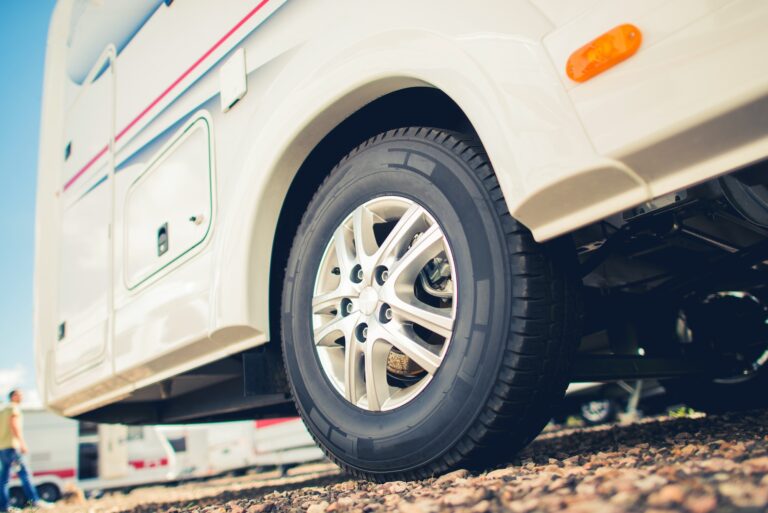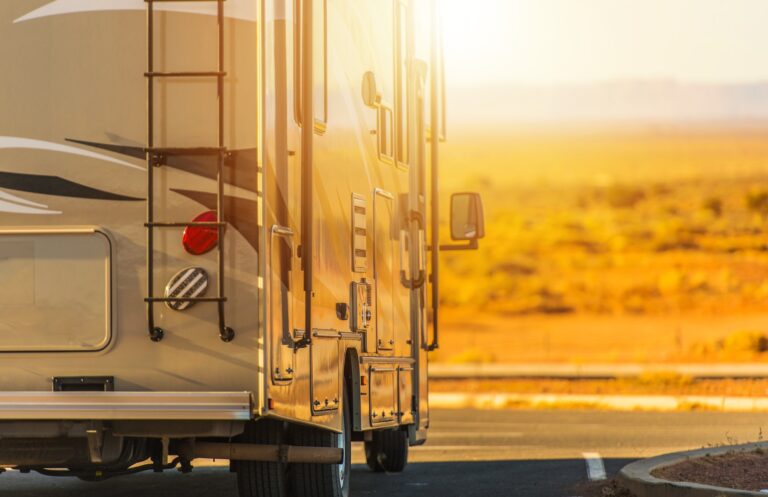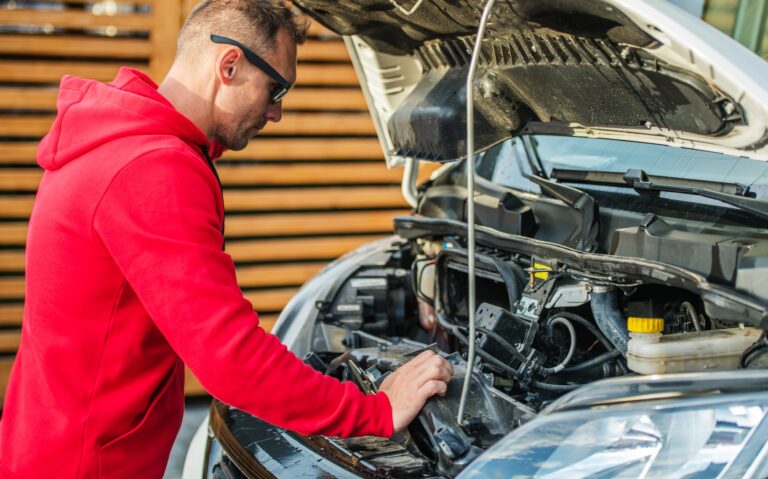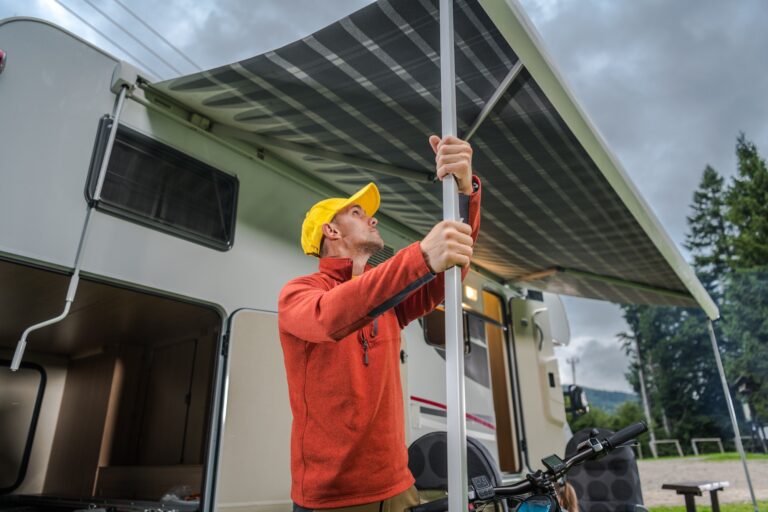Powering your RV appliances and systems while on the road or in remote locations can be a challenge. This is where the RV generator comes into play. It provides the electrical power needed to operate everything from your air conditioning and heating systems to your refrigerator, lights, and outlets. This guide will help you understand the role of RV generators and how to use them effectively.
1. Understanding the Role of RV Generators
RV generators play a vital role in the functionality of your RV. Here’s why:
- Power on the Go: When you’re on the road or parked in a location without electric hookups, an RV generator provides the power you need to run your appliances and systems.
- Backup Power: During power outages at campgrounds, your RV generator can serve as a reliable backup power source.
- Comfort and Convenience: With an RV generator, you can use your air conditioner, microwave, television, and other electric devices, enhancing your comfort and convenience while RVing.
2. Types of RV Generators
There are several types of RV generators, each with its own advantages and considerations:
- Gasoline Generators: These are commonly used due to their lower upfront cost. However, they have a shorter lifespan and higher fuel consumption compared to other types.
- Diesel Generators: These are durable and efficient but also more expensive. They’re an excellent choice for larger RVs that already run on diesel.
- Propane Generators: These generators are quieter and cleaner-burning but produce less power compared to gasoline or diesel generators. They’re a good choice if your RV already uses propane for other appliances.
- Inverter Generators: These generators are highly efficient and produce clean, stable power suitable for sensitive electronics. They’re typically more expensive but quieter and lighter than traditional generators.
3. Operating Your RV Generator
Using an RV generator involves several steps:
- Check the Generator: Before starting your generator, check the oil and fuel levels. Make sure it’s in good working condition and that it’s not overheating.
- Start the Generator: To start the generator, turn off all appliances, turn the generator switch to the ‘ON’ position, and then start the generator. Allow it to warm up for a few minutes before connecting any appliances.
- Connect Appliances: Connect your appliances one at a time, starting with the most significant load first (like the air conditioner).
- Turn Off the Generator: Before turning off your generator, disconnect or turn off all appliances. Allow the generator to run without load for a few minutes to cool down, then turn it off.
4. Maintaining Your RV Generator
Routine maintenance is key to the longevity and performance of your RV generator:
- Regular Inspections: Regularly inspect your generator for any signs of wear or damage. Check the oil and fuel levels before each use.
- Oil Changes: Just like your RV engine, your generator needs regular oil changes. Follow the manufacturer’s recommendations regarding oil type and change frequency.
- Use Fresh Fuel: Always use fresh fuel in your generator. Stale gasoline or diesel can cause problems. If you’re not going to use your generator for a while, consider using a fuel stabilizer.
- Exercise Your Generator: If you’re not using your RV regularly, run your generator under load for at least two hours each month. This helps keep the engine parts lubricated and prevents carbon build-up.
5. RV Generator Safety
Generators can be dangerous if not used correctly. Here are some safety tips:
- Ventilation: Never operate a generator inside or in an enclosed space. Ensure there’s adequate ventilation to prevent carbon monoxide buildup.
- Fuel Handling: Handle fuel with care. Turn off the generator and let it cool before refueling.
- Noise Considerations: Generators can be noisy. Be considerate of your neighbors when camping and adhere to quiet hours. Some campgrounds have specific generator use policies.
Understanding the role of RV generators, knowing the types available, how to operate them, maintain them, and use them safely is critical for every RV owner. With the right knowledge and a little practice, you can enjoy the convenience and comfort that an RV generator offers, no matter where your adventures take you. Remember, an RV generator is more than just a power source; it’s your ticket to true freedom on the open road. Happy RVing!






